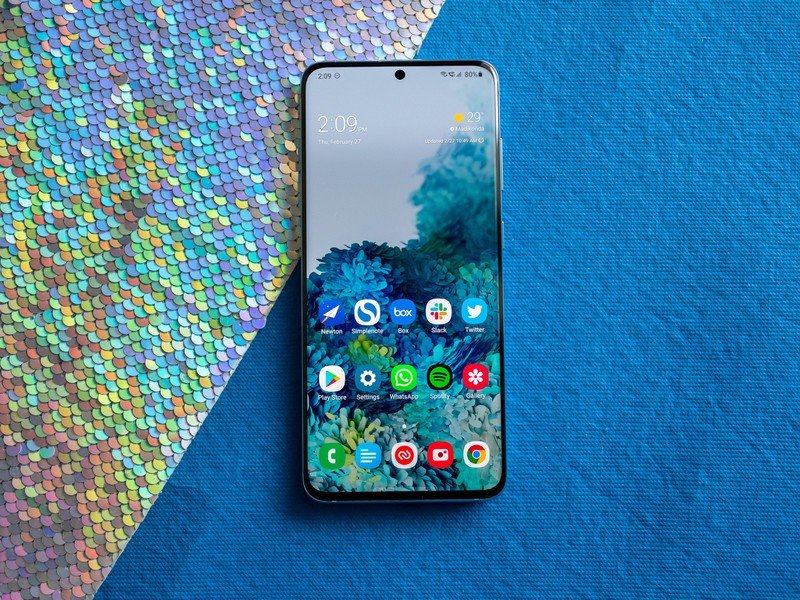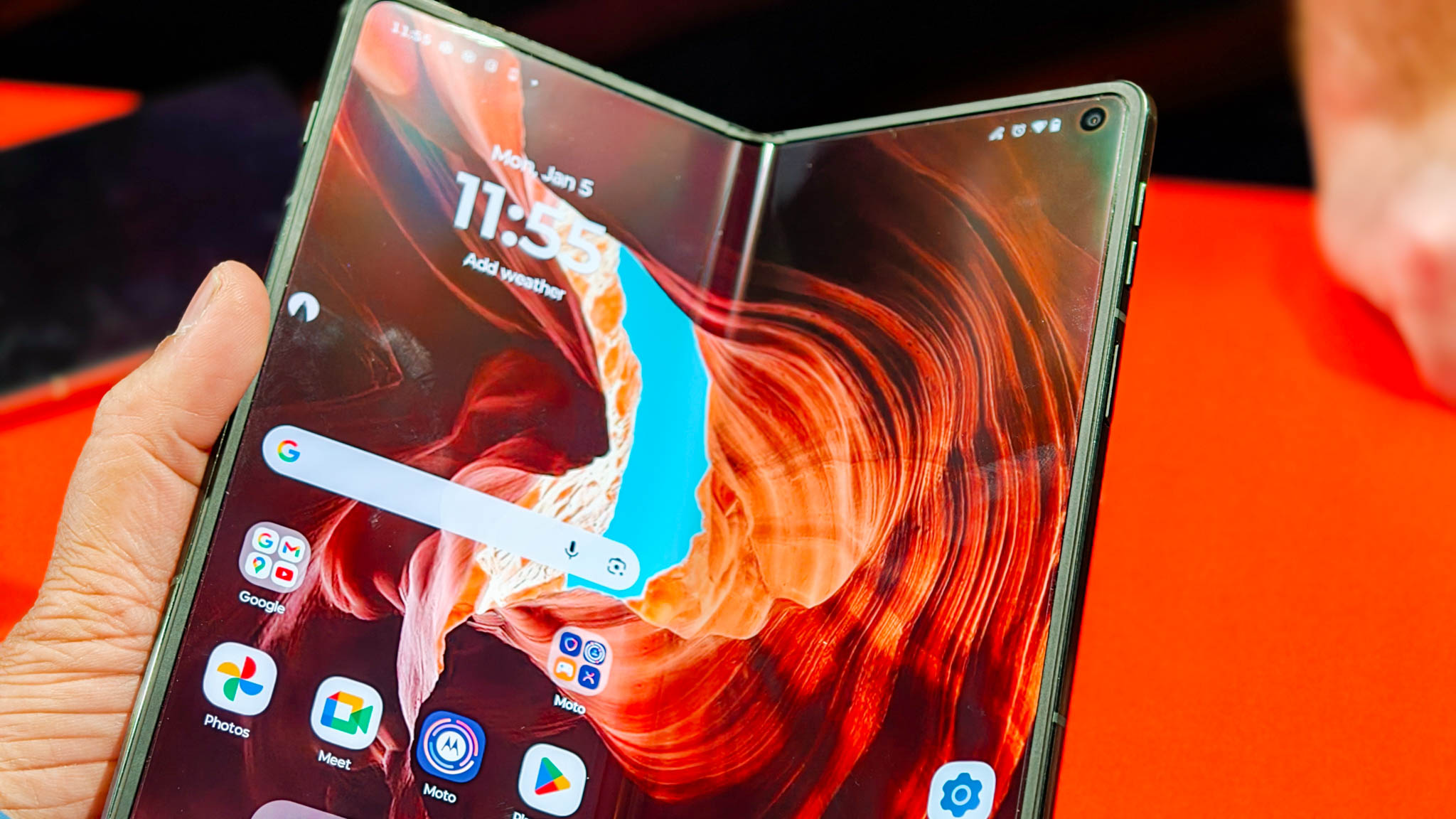Here's why I'm excited for the Exynos-powered Galaxy S21

Samsung's flagships are often the best Android phones, but the South Korean manufacturer is unique in the way it releases phones. Samsung's dual-sourcing strategy means that a select few markets like North America and Korea feature flagships powered by Qualcomm's Snapdragon chipsets, with most other countries getting Exynos chipsets instead.
Samsung used this strategy to great effect over the last six years, and it doesn't look like that's set to change in 2021. The U.S. version of the Galaxy S21 series will be powered by Qualcomm's latest Snapdragon 888 chipset, with the global versions set to feature the upcoming Exynos 2100.
The reason Samsung doesn't use Exynos chipsets globally is down to carrier compatibility. Qualcomm makes the best cellular modems in the industry, and for the 4G era, Samsung didn't really have a recourse but to use Qualcomm's designs in the U.S. to ensure compatibility with the likes of Verizon and Sprint.
Samsung has switched to Arm cores for its 2021 Exynos chipsets.
But that dynamic has shifted with the introduction of 5G; Samsung's 2021 Exynos chipsets feature a mmWave 5G modem in addition to Sub-6 bands, so theoretically, Samsung should be able to introduce an Exynos-powered phone in the U.S. That's not going to be the case next year, but it is a distinct possibility two or three years down the line.
The modem changes are just one part of a larger overhaul that Samsung has planned for Exynos is 2021. In this instance, the Samsung I'm referring to is Samsung LSI, the semiconductor unit that designs and manufactures the Exynos chipsets. It then licenses the designs to Samsung Electronics, which uses them in its devices.
So if you've used any Samsung phone in the UK, India, or most global markets outside of North America and Korea, the device was powered by an Exynos chipset. While Samsung LSI made a lot of positive strides in designing its own chipsets, it isn't on the same level as Qualcomm. At the heart of the problem is the custom core that Samsung uses in its flagship Exynos chips, going all the way back to the Galaxy S7.

Dubbed Mongoose, these cores were designed to deliver the best single-core performance figures as Samsung sought to outmatch Qualcomm. But what ended up was a design that regularly overheated and ran into throttling issues. The fifth-generation Mongoose M5 cores on the Exynos 990 — which powered the global Galaxy S20 — didn't hold their own against their Snapdragon counterpart, and that has been a recurring issue for Samsung.
Get the latest news from Android Central, your trusted companion in the world of Android
Thankfully, that's changing in 2021. Samsung isn't using custom cores anymore, and it has instead switched to Arm's stock cores for its upcoming chipsets. This is a welcome change in strategy, and one that should alleviate performance-related issues in future flagships powered by Exynos.
The Exynos 2100 should deliver the same level of performance as Snapdragon 888.
That's a big deal, because the Exynos 2100 is set to use a Cortex X1 high-performance core and an assortment of Cortex A78 and A55 cores. That's the same core configuration that Qualcomm is using in the Snapdragon 888, and it should put the Exynos 2100 on an equal footing to Qualcomm's flagship chipset.
We'll obviously have to use the Galaxy S21 to make any assertions around performance, but it is good to see Samsung acknowledging its past mistakes and fixing them by going with Arm's stock cores. Samsung bridging the performance gap to Qualcomm makes me very interested in the Galaxy S21. I've used five generations of Exynos-powered Galaxy flagships, and the key takeaway is that Samsung really hasn't achieved what it set out to do with its Exynos designs. So it is encouraging to see Samsung overhaul its strategy and mount a more effective challenge to Qualcomm.
Using the Exynos 990-powered S20 and Note 20 against various Snapdragon 865-powered phones this year made it clear just how much of a performance difference there is between Qualcomm's chip and Samsung. I'm therefore eager to get my hands on the S21 and see if Samsung is finally able to sort out the performance issues.
With the Galaxy S21 series slated to launch in just under a month, we don't have to wait long to find out. If you're using an Exynos-powered Galaxy phone right now, you should be excited for what Samsung has in store next year.

Harish Jonnalagadda is Android Central's Senior Editor overseeing mobile coverage. In his current role, he leads the site's coverage of Chinese phone brands, networking products, and AV gear. He has been testing phones for over a decade, and has extensive experience in mobile hardware and the global semiconductor industry. Contact him on Twitter at @chunkynerd.
